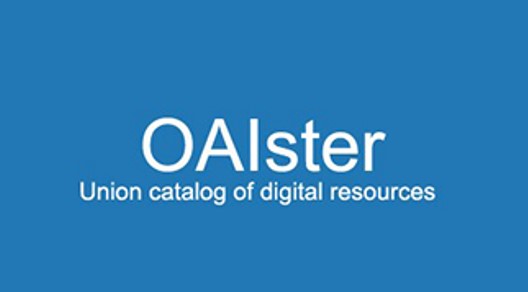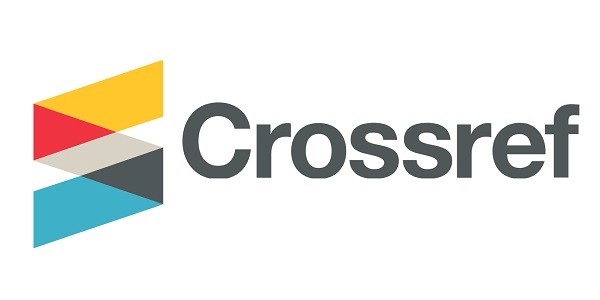The determinants of total factor productivity in Morocco: Econometric modeling with the ARDL model
DOI:
https://doi.org/10.5281/zenodo.14449033Keywords:
TFP growth, Foreign direct investment, financial development, human capital, ARDLAbstract
The objective of this article is to examine the relationship between total factor productivity (TFP) growth, financial development, foreign direct investment (FDI) and human capital in Morocco. To achieve this, an econometric approach was adopted, based on the estimation of an autoregressive distributed lag (ARDL) model to capture both short- and long-term effects on TFP. The results indicate that, in the short term, financial development negatively impacts productivity, likely due to institutional inefficiencies or resource disparities in the financial sector. FDI shows mixed effects, while human capital does not significantly impact productivity immediately. In the long term, financial development and human capital remain insignificant for TFP, whereas FDI displays a negative impact, possibly due to a focus on low-productivity sectors. These findings highlight the structural obstacles in Morocco's economy and the need for a strategic focus to enhance productivity sustainably.
Downloads
Published
How to Cite
Issue
Section
License

This work is licensed under a Creative Commons Attribution-NonCommercial-NoDerivatives 4.0 International License.





























